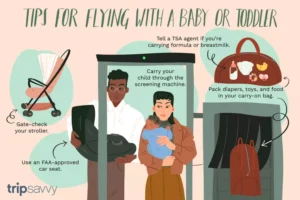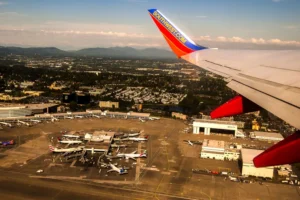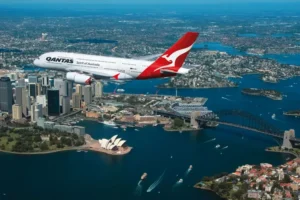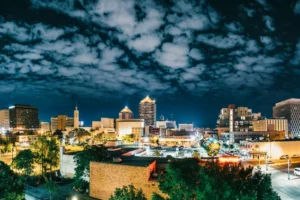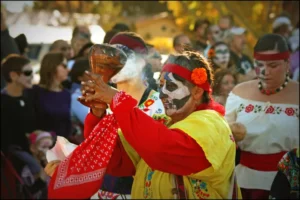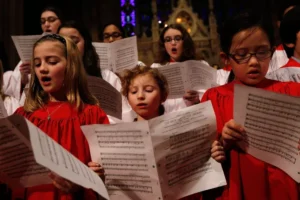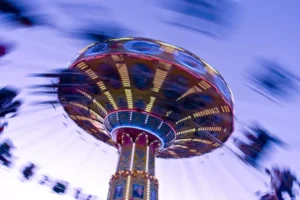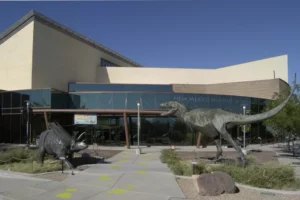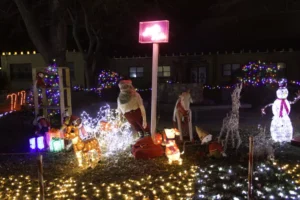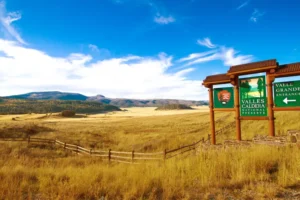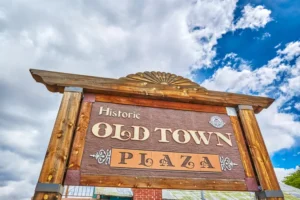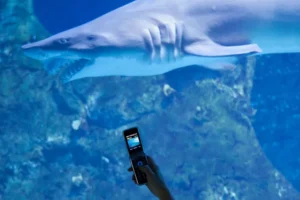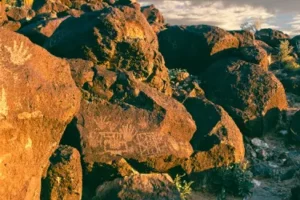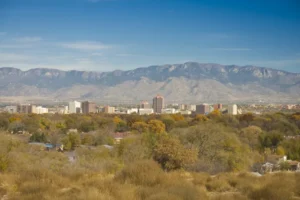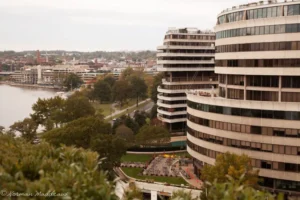is a newly redeveloped property that transformed the iconic Old Post Office Pavilion in Washington, DC into a luxury hotel, while preserving and enhancing the building’s historic features. The Trump Organization, led by Chairman and President Donald J. Trump, restored the building with more than 263 hotel rooms, several world-class restaurants, an expansive spa, ballroom and meeting facilities, a library, a museum, and indoor and outdoor gardens. The Old Post Office’s clock tower, which offers panoramic views of Washington DC, continues to be managed by the National Park Service. The redevelopment began in late 2014, and the hotel opened its doors in September 2016.
Read More



